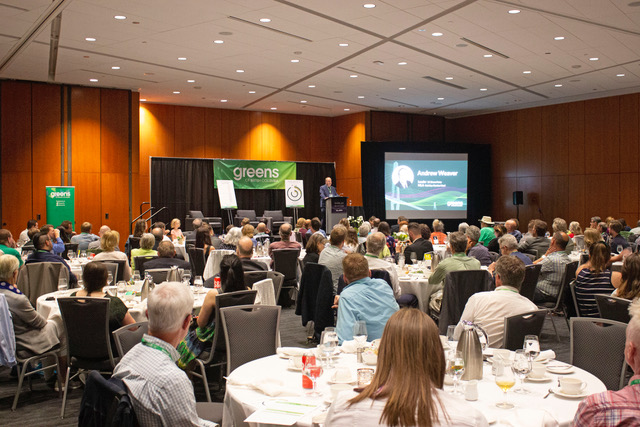I began the interview by sharing an impression of the BC Green Party 2019 convention that I had covered with former CBC reporter, Bill Stovin.
“The BC Greens look like a movement that is still becoming a party. Many members seem like that they don’t yet understand that they are part of government.”
Weaver explained that the Green’s role in government has been difficult for some of their members to understand.
“We are an opposition party. We are not part of a coalition. We are not in cabinet or a part of Executive Council. But, to pass a bill our votes are needed. This means we are kept informed and get things done by extensive consultation and negotiation.” He cited the Clean BC blueprint and the Zero Emission Act as achievements of which he is particularly proud. Later Weaver explained, in the case of LNG, for example, the NDP passed legislation with the help of the Liberals and not the Green Party.
When I pressed Weaver about how he and his colleagues managed to stay with such a demanding and time consuming process, he emphasized how seriously they take the responsibility of participating in government. “You can’t simply huff and puff and take your bat and ball and go home.”
As we explored how the Green Party and NDP have continued to cooperate despite their differences and a chorus of initial naysayers, Weaver highlighted the significance of personal relationships. “I really like John…..and Carol James…and George Heyman with whom I have worked a lot.” He went on to describe the positive relationships Green Party MLA Adam Olson has with the NDP’s Scott Fraser and Selina Robinson and Green MLA Sonia Furnstenau with Adrian Dix and Rob Fleming.
When it comes to how the Greens figure to win the next election Weaver was initially reluctant to say a lot, jesting that it “would be political suicide to give the Party’s platform away two years before an election”. He soon warmed to the topic emphasizing the public’s dissatisfaction with “political double speak, following the media line and decision-based evidence-making rather than evidence-based decision-making.” Weaver was critical of the NDP’s complicity in approving LNG, a huge source of carbon emissions. He wondered how the 41 NDP members who voted in favour of LNG could look themselves in the mirror when it comes to the environment. How can we wonder “why Cariboo stock is dwindling when we are tearing up their environment? ”How can we ignore “the wing dinger of a fire season that current dry conditions foretell?”
The Greens represent a real alternative, Weaver maintained, an alternative that thinks long term, is honest with the people and supports a triple bottom line. He emphasized his belief that people now understand that the Green Party is no longer a “one issue Party” and spoke with great pride about the quality of candidates the Party attracts. He is optimistic that the federal Green Party will do well in the fall election and hopes provincial Greens can spring board off their gains.
Weaver lauded Greta Thunberg, the young Swedish activist, for her important role in educating the public. There is still “misinformation” out there and still people who have a stake in denying the emerging climate crisis so there is a lot of work to be done.
Speaking of young people, Weaver sees a critical role for young people in the evolution of the Green Party. He referred to all the young people who are already involved in the Party and as members of the Party’s office team. He emphasized the Party’s intention to develop a Youth Advisory Council with representation from all 7 regions of the province and underlined the importance of listening to youth. Both Weaver and MLA Sonia Furnstenau are teachers, and he says they have spoken at countless schools and universities about the impact of climate change. Many young people have shadowed members of the legislative team. The Greens, Weaver suggested, are social media savvy.
And finally the grandparent clause – Weaver was impassioned about the special role grandparents can play with children about the climate crisis. If children approach their grandparents with their fears and concerns they will get a hearing. “Grandparents are there for grandchildren. They look out for grandchildren.” Ever the committed politician, the former climate scientist added, “They will vote on behalf of their grandchildren.”


